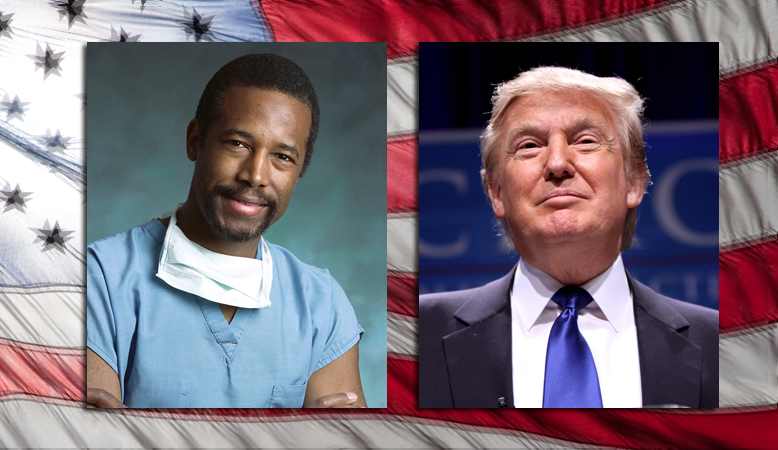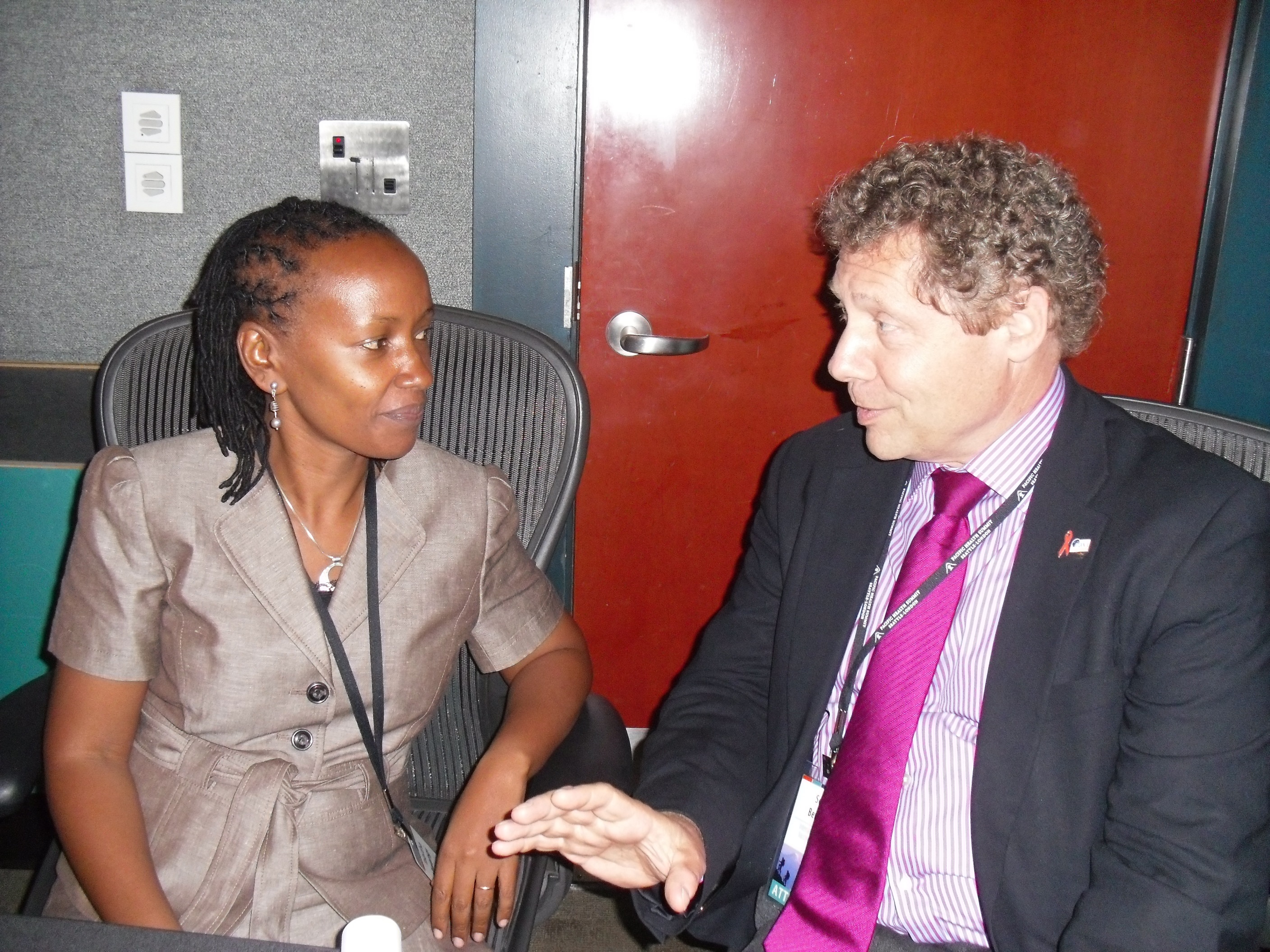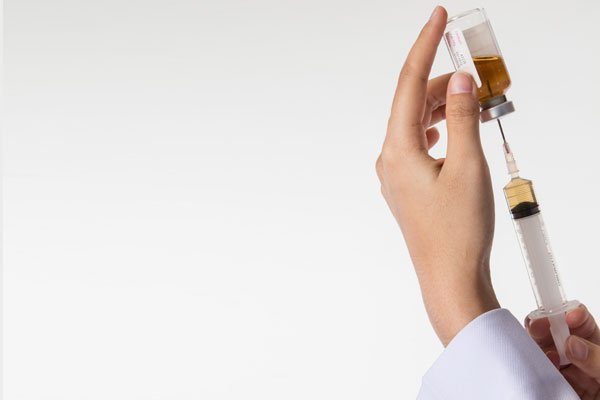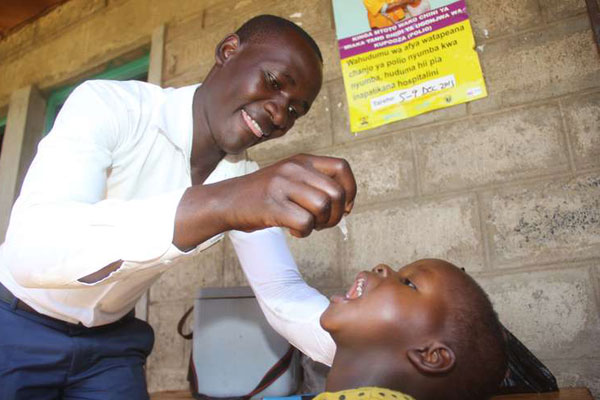
Bashing vaccines – here we go again
As the world sees less and less of vaccine preventable diseases – more and more people are turning the heat against them, trashing that which saves the lives of millions of children. Vaccines are a victim of their own success. I felt this acutely when I watched two republican presidential candidates discuss vaccine safety on the 16th September 2015.
It was not really surprising to hear Donald Trump say all that rubbish about vaccines causing autism. Who knows, perhaps the father of that theory, Andrew Wakefield, is a bosom buddy of his. But it is a pity to hear a person who claims to want to be the future leader of a leading economy spew such rubbish. Trump says that he is not anti-vaccine, but that too many vaccines are being given to a small baby. He claims that we should be giving small amounts of the vaccine over a prolonged period of time.
I waited to hear what Dr Ben Carson, the author of the best-selling books ‘Gifted Hands’ and ‘Think Big’ – a paediatric neurosurgeon, would say. He was firm that vaccines don’t cause autism – the research he said, was available for any person to read. Then he proceeded to water his message – he claimed we were pumping children with too many vaccines over a short period of time. He also said a weird thing – that vaccines that prevent disease and disability are fine but there are many other out there that don’t.
Really?
Can someone please name a single vaccine out there that does not reduce, to some measure, the disease it proclaims to offer protection against?
The problem is that when people hear nonsense from Trump – it’s not news – a dog bit a man. We all expect him to say something off the beaten path – often something ridiculous.
But when Dr Ben Carson speaks – people across the world who have read his books and believe in him – start to have doubts.
Dr Ben Carson is very popular in Kenya. I tried to get the book ‘Gifted hands’ for my nephew from a Nakumatt store a while ago and they told me they had run out because his books sell very quickly. His story inspires many and I am sure not just in Kenya, but on the African continent as a whole – if Dr Carson has doubts about the safety of vaccines –people might think – is there something these scientists are hiding from us – is there something we, the ‘ordinary mwananchi’ are not being told?
There are many vaccines now available for our children but it’s not easy to watch your child receive them. I am one of many mothers who hold my children and turn away when the needle goes into my child’s thigh and brace myself for the loud angry cry from my child. I hated doing it every time BUT I know the benefits, so I kept taking them, just like millions of mothers across the world.
I have seen the devastation of polio – I had classmates in crutches because of it. I know what TB can do, I have visited friends admitted in hospital for weeks receiving treatment.
But for younger mothers, who have never seen these diseases, you may be tempted to think that there are just too many injections out there – and listening to Dr Carson may feel like a confirmation of your fears.
This reminded me of an interview I had with the just appointed CEO of Gavi, the Vaccine Alliance and at that time, outgoing CEO of IAVI, Dr Seth Berkley.
I have extracted the raw interview that took place at the Pacific health summit in Seattle, Washington in 2011.
Me: Children are given so many vaccines at the same time – might we be overloading their systems?
Seth: Let me turn the question around to you and ask the question, ”What is the purpose of a child in what they do?” So when you think about it, a child comes out, they have their mother’s antibodies and that provides protection during that neonatal period and then their job, their job, is to crawl around and get infected with all kinds of things and to build up their own antibodies. To build up their own immunity. In fact there is some data suggesting that when you take children completely out of that world, and put them in very sterile environments, that they don’t do very well. So that is the job of a child. People say well, you are giving them all these antigens but what we are doing is that we are giving them antigens they would have seen anyways. Every child in Kenya had measles before, but now we are giving them a weakened measles so that when they see it, again naturally, it isn’t as disease causing. So my own perspective on this and it is the perspective of many is that the immune system is like a muscle, it gets stronger the more you stimulate it, and so I think, it’s fine. So I don’t think we have reached the limit and if we can have more antigens. That is great.
Me: Although I am not an immunologist but I sort of imagine, that you are giving all these antigens and that beyond a certain point, a child’s system cannot cope
Seth: You know what – mothers have raised that issue, but just think about what that job is. On birth day one, mother’s antibodies are fully on, at 9 months, mother’s antibodies are disappearing and by 12 months maybe, they have disappeared completely. That child is now vulnerable to every disease and so it is through the process of being exposed that it has to build its own immune system. All we are doing is helping it to at least develop good immunity against things that are worst in terms of producing disease. I wish we could do more. I would to be able to give a hundred things because what you would love is for that child to go from the minute his mother’s antibodies have disappeared, the child to be fully protected against everything.
************************ End of interview *************************
Those of us with children have found them with all sorts of things in their mouths: geckos, millipedes, the cat’s tail, their own poo. Name it. A crawling child see’s something and next thing, it’s inside their mouth. That’s why parents with small children have to be careful where their put medicines, paraffin, detergents – because if you don’t – the child will clear them away for you.
Our children therefore would not suffer from having these very controlled antigen, in the form of vaccines, in their system. Trump suggests smaller doses of the same vaccines over a prolonged period of time – as though scientists have not worked out the correct dosages.
The vaccines on the Kenyan Expanded Program for Immunisation (EPI) program are all essential: polio, BCG, Pentavalent (Diptheria, pertussis, tetanus, hepatitis, Hib), PCV10, measles. There are a few more out there in private practise: varicella (chicken pox), yellow fever, rabies, MMR among others. None of these extra vaccines in the private sector would be termed as useless. They all serve to prevent diseases but the government does not feel that they are prevalent enough for them to spend the money putting them in the EPI program.
The main government focus right now is to get as many children fully vaccinated as possible. That people held in high esteem by many are trashing vaccines is a sign of how out of tune some people are. That they did not get more vigorous condemnation is a sign that the may be telling us what many people think in private – and that is pretty scary.





